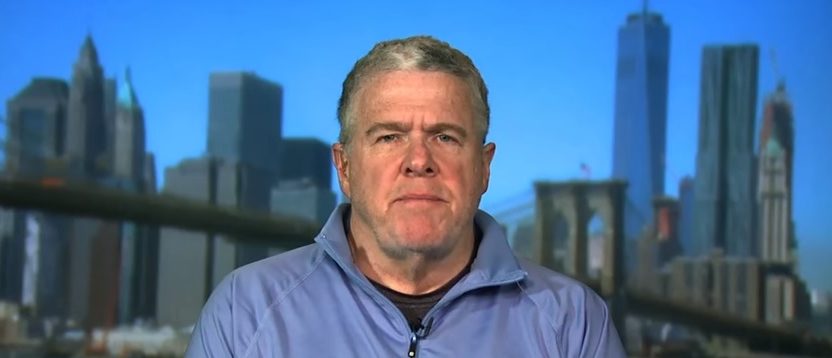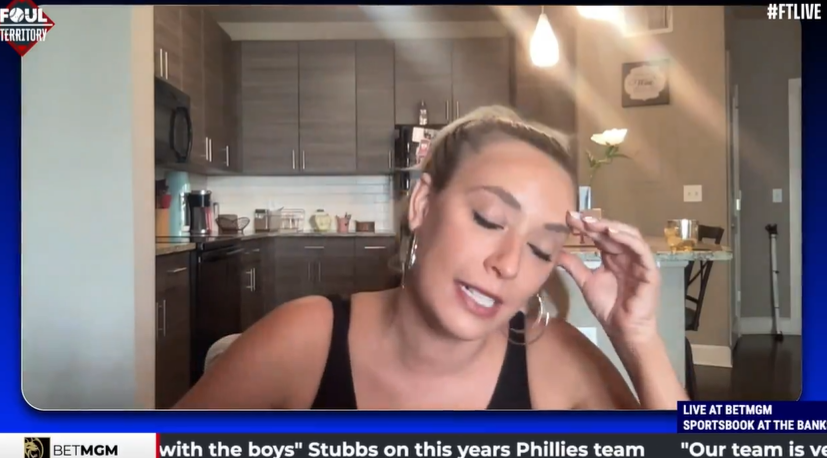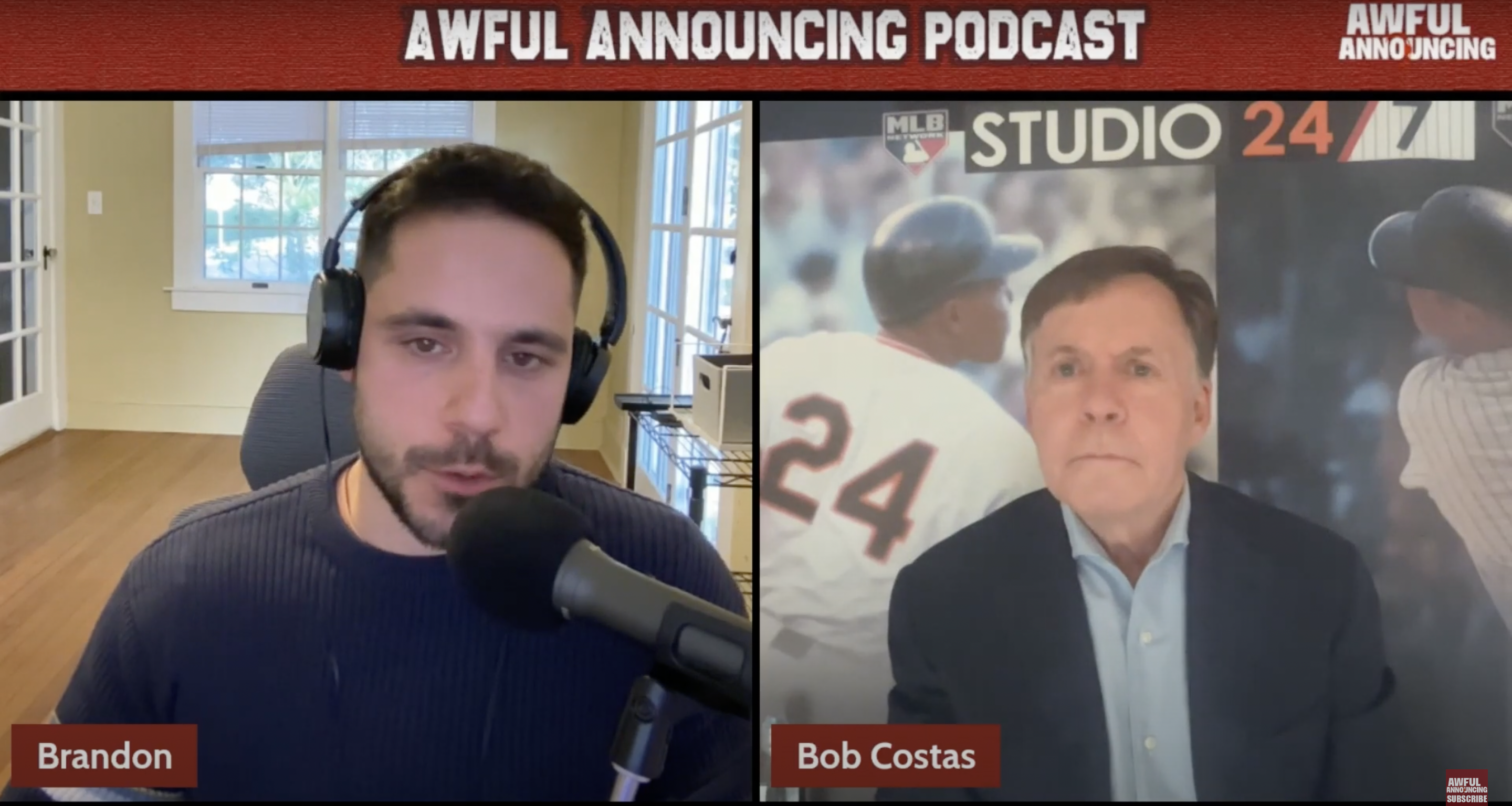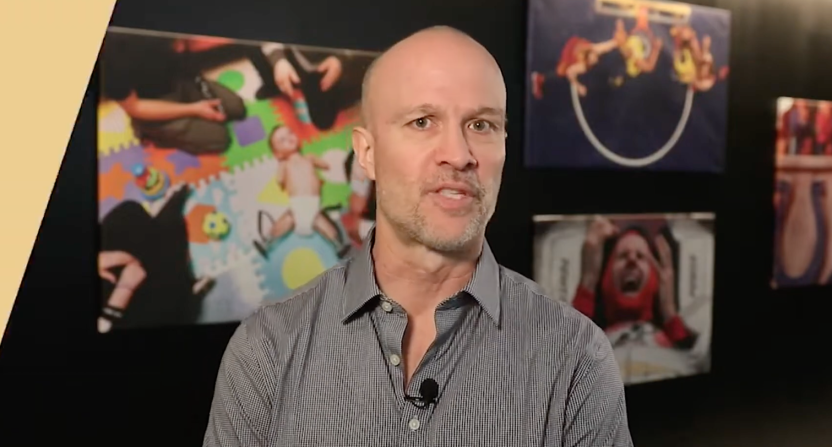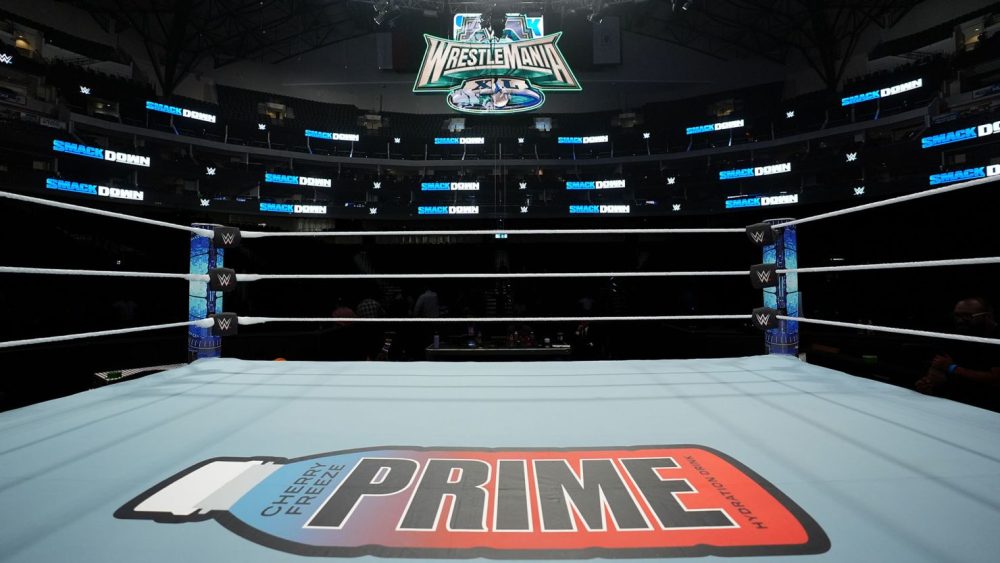Peter King, one of the most influential NFL writers of this era, announced this week he’s leaving his post at Sports Illustrated after 29 years with the company. His staple “Monday Night Football” column will continue to exist in some form when he transitions to a full-time role at NBC this summer, but SI, SI.com and TheMMQB won’t be the same without his byline.
I caught up with King this week for an unofficial SI exit interview.
When it started, did you ever imagine the Monday Morning Quarterback column would become your trademark?
Not at all. This was quite honestly just a column that was going to add NFL content to a new website called CNN/SI. I was just doing something that the editor of that site — a guy named Steve Robinson — had asked me to do. Steve Robinson was my pro football editor at SI at the time, and they gave him this job to be the editor of this new website. So if the hockey editor had taken over or the baseball editor had taken over, would he have asked me to do this column? Would I have been so forthcoming and said, “Yeah, sure, I’ll do it”? Because that’s really what happened. I did it because a friend of mine asked me to do it.
Do you have any theories as to why it became such a hit?
I think it was a little bit of a perfect storm. The NFL at the time was really growing in popularity, and the internet was — look, that all happened in 1997. I first got an email address in 1997. So I had absolutely no idea that this was going to [take off]. I barely knew what the internet was. I had no idea this was going to happen and I think it was just sort of a perfect storm. I was willing to write an NFL column at a time when NFL columns existed almost entirely in print. So I had the good fortune to be asked at the time. And they said to put some of your personality in there, so that’s kind of what I did and I think that’s how it got to this point.
The differences between writing for print versus web are pretty significant. How has that impacted you?
I didn’t get hired by SI because I was Gary Smith or Bill Nack or Rick Reilly. I got hired because I was a reporter. So I don’t want to say my writing was formulaic, but my writing was pretty predictable. Nobody ever said, “Oh man, that’s the most beautiful prose I’ve ever seen. I was a reporter, an with the online stuff I could have opinions? Like, I never had opinions in my SI column. That was not what I was supposed to do. I was supposed to be a reporter and present facts, so with the internet [creating] a chance to put some opinions and personality in there and write about whatever you want to write, that was radically different than what I did for SI.
Does a highlight come to mind from your 29 years at SI?
In 1995 I got Mike Holmgren to allow me behind the curtain with the Green Bay Packers for a week. And he told the team at the beginning of the week, “Hey, Peter King from Sports Illustrated is going to be with us all week, please give him access.” I was at Brett Favre’s house three times that week, and America didn’t know him yet. So that taught me a big lesson, which is that if you can get behind the scenes and take people where they can’t go, if you show and tell them the story of what Brett Favre actually feels like Monday morning after a game when his feet go on the floor at 7:15 in the morning, that taught me a huge lesson. If you can get behind a curtain in any way, there’s huge value in that. So over the years I’ve tried to do that.
Is it difficult to be critical of players when you risk losing that sort of access? Even I struggle with that and I’ve never had that kind of hardcore access.
You have to call it the way you see it. Late in his career I was critical of Bruce Smith, and I was critical of Deion Sanders. And those were two guys who I had extremely close relationships with, and they both went for a time without speaking to me. I was critical of Bill Belichick in 2007 about Spygate and he hasn’t spoken to me to this day. So that’s the way it goes sometimes. I just try to be fair — I don’t think if you ask anybody, no one would describe me as any sort of vicious guy. If you ruffle feathers, that’s the way it is.
I didn’t realize Bill Belichick hasn’t spoken to you in over a decade.
Oh, I’ve admitted that. But I don’t harp on it. I still have to write about the Patriots. What do people care, other than maybe media writers, whether I’m close to Bill Belichick or not? I don’t think it’s anybody’s job to talk to me. If they don’t want to talk to me, they don’t have to talk to me. I don’t get too upset about it. Would I prefer that Bill Belichick speak to me? Of course, but that’s life. You gotta do your job whether somebody speaks to you or not.
What do you regret most from your time at SI?
I wish I’d been a better reporter when I was reporting on some of the things around Deflategate and Ray Rice. I confirmed a Chris Mortensen story about a football being two pounds or more deflated, which — I was wrong — but I got confirmation from what I thought was a credible source and it turned out not to be true. I don’t blame my source, I blame myself, because you have to stand behind what you think is right.
And as far as Ray Rice goes, I made some mistakes in my reporting and I regret that. I don’t look at it like, “Well, that’s not bad. You’ve had a pretty long career and you made two significant errors.” That’s bad. People trust what we say, and if somebody reads me or listens to me, I am supposed to be right. If I put out something wrong it’s not, “Well, I’ve got a pretty good batting average.” It’s something wrong. I not only take full responsibility but I think about those things to this day, and I think how I’m never going to let that happen again. We all should be extremely careful when we’re reporting on topics that are important and potentially hugely significant to the game. That’s why those two things will stick with me and I’ll always blaming myself for getting them wrong.
Reading the part of your column on Monday that pertained to this move, the word burnout came to mind. Do you feel burned out?
I don’t feel burned out at all, except I do feel a little bit like Clint Eastwood in Gran Torino, basically having a feeling of, “Hey kids, get off my lawn.” Because in our business when we’re talking about feeding the monster, which is the 24/7/365 thing of covering the NFL, it’s just not for me. I don’t want on May 8 to be doing 2019 mock drafts. I just believe that it’s OK if everybody takes a few days off. And when there’s a big story, I’m going to attack it. When I have my Monday column at NBC, that column is going to be great. I’m going to kill myself to make it great. But I’m just not a big fan of every day waking up and [covering minutia]. There’s just not enough news and not enough interesting stuff. And if people think that there is and want to read it or want to report on it, good for them. I just don’t happen to be in the crowd right now that thinks that’s what I want to do.
I suppose some people could infer that that means I’m burned out, but I don’t feel burned out at all. I’m really excited about doing this job, but I stopped being excited about trying to figure out how we’re going to fill space on June 18. I don’t know that any sport should be covered the way the NFL is. I don’t read very much about hockey on July 23 or basketball on August 9, but in the NFL we have sites and people who do nothing all year for 12 months — minus three or four weeks of vacation — except write about pro football. But I’m going to leave that for people who are younger than me and a lot more enthusiastic about it than I am.
The Athletic seems to be trying to avoid that kind of over-saturation and burnout with their approach. Do you see things evolving that way?
I think it’s impossible to predict the future of this business. I really like some of the things The Athletic has done, and I think The Athletic is really an interesting chemistry experiment and I hope it lives 100 years. I think one of the things they’re doing that’s very smart is getting some really good people who everybody wants to read. If you love baseball, you want to read Ken Rosenthal, you want to read the occasional long musing of Peter Gammons. I think it’s a smart thing to gather people who you really want to read and you’ll pay to read. So I wish them incredible success.
What are you most looking forward to with the move to NBC full time?
The latest
Does that make you nervous?
No, but there’s something about changing jobs that’s a good thing. I was at SI for 29 years and I really loved it. I’m dead serious, I don’t joke about this at all: I’ve never had a bad day. I love what I’m doing, but the fact is if you essentially do the same job for 29 years, after a while you have to really fight the temptation to do the same thing you did yesterday, or a year ago, or four years ago. So I’m looking forward to going out there and planting a new stake in the ground and saying, “Here’s what I’m gonna do.”
I haven’t even talked to NBC about this yet but I hope we retool the column a little bit. I’ve got some ideas for some new sections I want to do. I just want people to read my column this fall and watch me on television and listen to me one day a week with [Pro Football Talk’s Mike] Florio and say, “That’s a different approach,” or “That’s something I hadn’t considered,” or “Wow, that’s a cool story.” I want to have that kind of imagination that people feel that it’s not just some 60-year-old guy sort of [counting] the hours to retirement. Because I certainly don’t feel that way.
As a 30-year-old guy who covers the NFL full time, I sometimes ask myself if I’m somewhat of an accomplice by shining light on something that in the future may be viewed as destructive. Has that occurred to you?
Many times. I had a doctor’s appointment recently, at a group practice, and one of the doctors asked what I do. I said I write about pro football and he goes, “That’s too bad.” He said he used to be able to root for football but he couldn’t anymore. And I understand why people are that way. The way I look at this is it’s certainly part and parcel to this job that if you didn’t think about some of the long-term effects of playing football, you wouldn’t be doing your job. But I also think there’s much about football that is very good, and there’s also much about football that in my opinion is going to change for the better. I’m an advocate of not playing tackle football until you’re at least in high school. If I were a parent of a child who wanted to play tackle football in fifth grade, it’d be hard for me to say yes.
But there are movements afoot these days to address that. The Atlanta Falcons last year provided seed money for all 159 counties in the state of Georgia to have a flag football program. The Falcons basically founded a bunch of flag football programs for kids to enjoy football without tackling in fourth or fifth grade, and I think it’s significant that the Falcons did that but didn’t necessarily fund tackle football programs. And I think the other part of this is there are a lot of other things in youth or high school football that are just very important, and I wonder if football didn’t exist at, say, the high school level and you told everybody to go play or do something else, it’s a fallacy to think that 100 percent of [them] are going to go play another sport in its place. There’s got to be some sort of happy medium.
And from a journalistic standpoint, I guess the key is for us to avoid being cheerleaders and to cover the game responsibly.
I think one of the things that’s incumbent on all of us to do is to cover the seedy side of the game. As the science improves to study what goes on with head trauma, it’s important that we cover that a lot, and that we be on the front lines of trying to cover the ugly parts of this game. Because there are ugly parts of this game, and you can’t just cover football that’s positive and rah-rah, you’ve gotta cover Eric Reid, Colin Kaepernick, the possible elimination of the kickoff, what happens to football players when they turn 70. You’ve gotta have a conscience about it. It’s important that the next generation of those covering the game cover the entire game, not just what happens on Sunday.
Have you ever had a hankering to branch out from sports?
Well, I didn’t write sports in college. I covered other things, and I was the managing editor at the paper my senior year. So I always thought that one day it would be really fun to cover a presidential campaign, to see what that’s like. And I might do that one day. I don’t know that I would want to cover politics as a beat per se, but I’ve always thought it would be fun to cover a presidential campaign or a 162-game baseball season. Both of which I might do some day.
I get the odd email from college or high school students who want to do what I do. I’d imagine you get a lot more of those than I do. Considering how quickly the industry is shrinking, it’s becoming harder for me to remain positive when giving them advice. What do you say?
No. 1, put your phone down. There are too many people who spend far too much time obsessed with their phone. No. 2, write every day even if it’s not going to be published or no one is going to read it. Writing is like carpentry, it’s a trade as much as it is a profession. And by that I mean, you only get really good at it if you practice it every single day. And No. 3, read. And I don’t just mean read the internet. Read and learn from great writers. And that might be great sportswriters, it might be every book that Ernest Hemingway wrote. But read, expand your horizons, educate yourself, and read things a little bit outside your comfort zone.

